U.K. ending challenge to ICC arrest warrants for Israeli leaders
[ad_1]
The withdrawal of opposition to the arrest warrants puts the new British government at odds with the Biden administration, which opposes the arrest warrants against the Israeli leaders.
The move, first reported by the Guardian, does not make it more likely that the warrants sought by ICC chief prosecutor Karim Khan will be granted. Other countries will also weigh in with the court.
Israeli online news outlet Ynet quoted an unnamed senior Israeli official as saying: “Israel is deeply disappointed. This is a fundamentally wrong decision; it is contrary to justice and truth and violates the right of all democracies to fight terrorism.”
Starmer, a former human rights attorney, has condemned Hamas and backed Israel’s right to defend itself, but has also called for a cease-fire and more humanitarian aid for the besieged enclave.
In another move, Britain last week announced that it was resuming funding to the U.N. Relief and Works Agency (UNRWA), the U.N. agency for Palestinian refugees, despite reports by Israel that some of the agency’s staffers were involved in the Oct. 7 Hamas attack.
Britain’s new foreign minister, David Lammy, said UNRWA had taken action to guarantee the “highest standards of neutrality” among its thousands of employees.
On Friday, the official Downing Street spokeswoman, who traditionally is not named, said the new government’s decision not to oppose the arrest warrants should not be considered an endorsement or objection to any ICC case.
“On the ICC submission, I can confirm the government will not be pursuing [the proposal] in line with our long-standing position that this is a matter for the court to decide on,” the spokesperson told reporters.
Khan, who is British, announced in May that he was also seeking arrest warrants for alleged war crimes and crimes against humanity committed by Hamas in its Oct. 7 attack and by Israel in the ensuing war in Gaza.
Some 1,200 Israelis, including soldiers and civilians, women and children, were killed in the October attack. Since Israel’s war began, more than 39,000 Palestinians in Gaza have been killed, most of them women and children, according to the Gaza Ministry of Health.
In seeking arrest warrants, the ICC prosecutor named Yehiya Sinwar, Hamas’s top leader in Gaza; Mohammed Deif, commander of the movement’s military wing; and Ismail Haniyeh, chief of the Hamas political bureau, based in Qatar. Both the United States and Britain had earlier branded Hamas a terrorist organization.
The prosecutor said the Hamas leaders were wanted on accusations of murder, hostage-taking, rape, sexual assault and torture.
The ICC prosecutor also asked the court to issue arrest warrants for Netanyahu and Gallant on accusations of starvation of civilians, causing great suffering, and intentionally directing attacks against a civilian population.
Netanyahu in May said the threat of arrest warrants “will not stop us from waging our just war against Hamas.” He called the action a “travesty of justice.”
President Biden at the time called the possible warrants “outrageous,” and added that “there is no equivalence — none — between Israel and Hamas.”
The ICC prosecutor is requesting warrants before a pretrial panel of three judges, who have not yet determined if the proceedings can move forward.
The three judges had earlier given Britain until the middle of July to submit its formal opposition to the warrants.
Within days of his election on July 4, Starmer reached out to Netanyahu, calling for “further deepening the close relationship between the two countries,” according to a British readout. “He added that it was also important to ensure the long-term conditions for a two-state solution were in place, including ensuring the Palestinian Authority had the financial means to operate effectively.”
[ad_2]
Read More:U.K. ending challenge to ICC arrest warrants for Israeli leaders

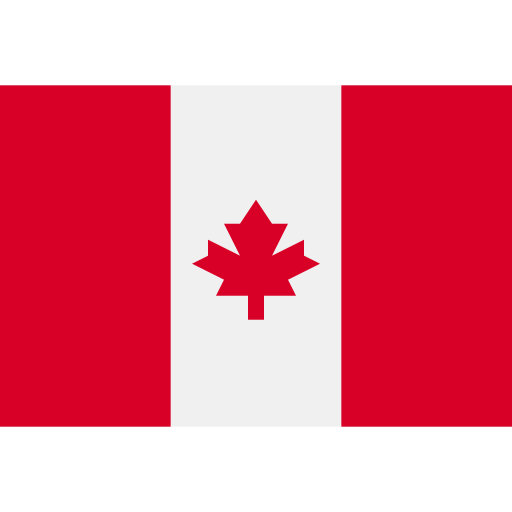 Canada
Canada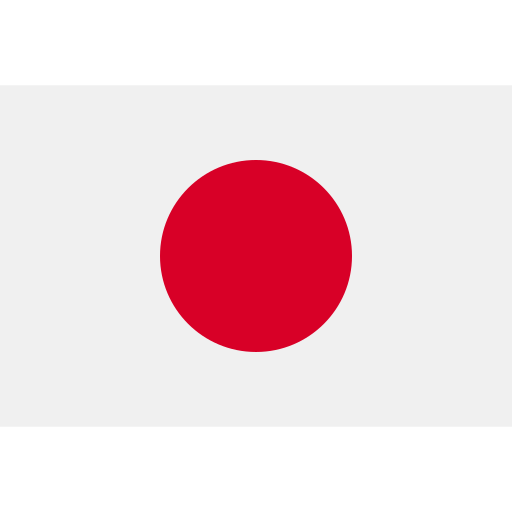 Japan
Japan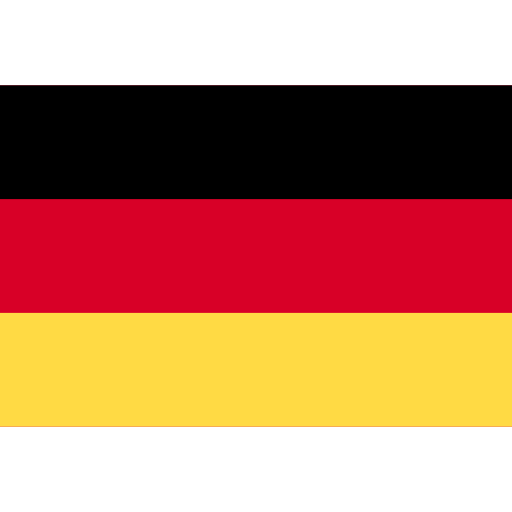 Germany
Germany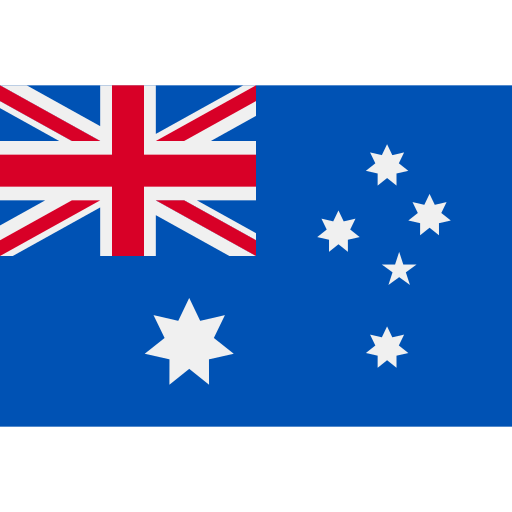 Australia
Australia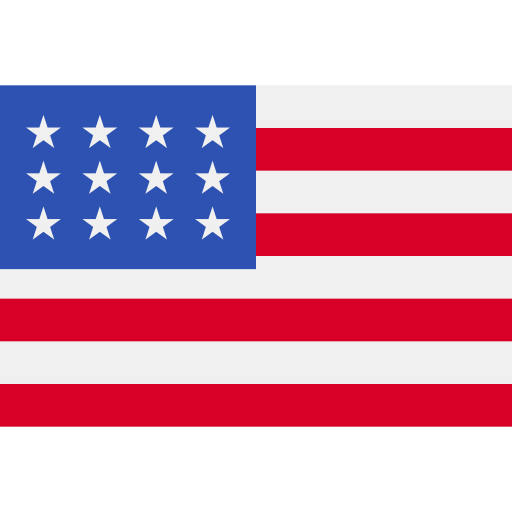 United States
United States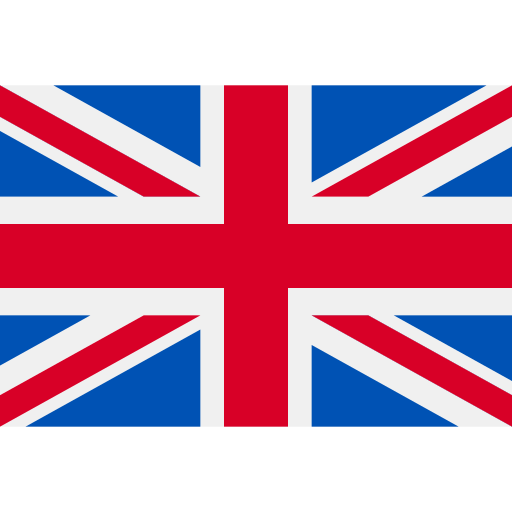 United Kingdom
United Kingdom China
China France
France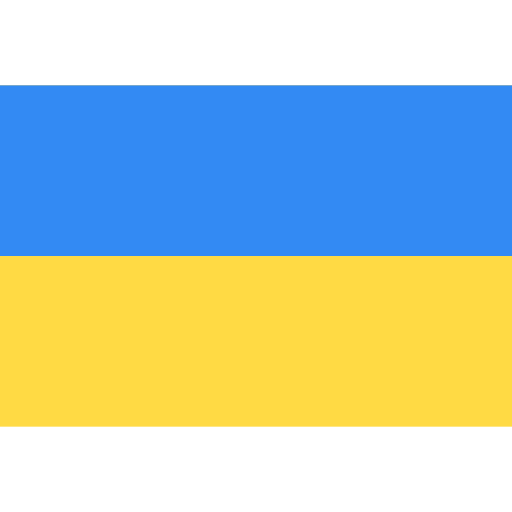 Ukraine
Ukraine Russia
Russia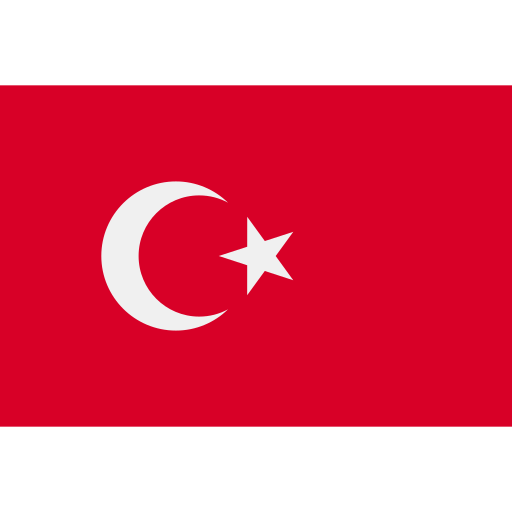 Turkey
Turkey
Comments are closed.